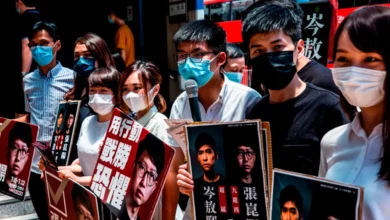Egyptian revolutionary struggle represents a continuing state of revolt that has extended over eras throughout which Egyptians strove to overcome oppression and backwardness to establish a new, fairer and more equitable reality, and to allow for participation in a state that respects citizenship rights. This extended struggle received fresh momentum at the beginning of this year with the 25 January popular protests.
We should have no qualms about drawing on historical experiences to adjust the path of our revolution, particularly with the myriad of analyses on the Egyptian political scene, which often drown out other serious attempts at systematic research and serious analysis.
At this historical moment, we need to contemplate matters in a fashion that allows a secure political transition on a scientific basis. There are certain questions that we should answer as we build our new Egypt: What is the motive for change? Which powers have carried out the revolution? Which goals have they achieved and which remain to be achieved?
Answering these questions requires understanding that change must be in the form of radical transformation in societal structures, including values, ideas, orientations and policies. Genuine change entails the introduction of core changes to the old regime and the installation of another one with fresh ideas and policies in all areas.
This new regime should have novel objectives, methods, techniques and content, as well as new economic, political and cultural powers to replace the old ones, against which the revolution erupted.
Put differently, at this historical moment, where on the revolutionary path do we stand? Have we managed to introduce change to our overall economic, political, cultural, intellectual, educational and artistic structures?
Or, have we at least taken a step towards the creation of a comprehensively new regime?
The project to establish a new Egypt – which I suppose is the goal of change – is still in the pipeline. I believe that ongoing discussions are still restricted to tiny details and haggles that demonstrate that old habits are still looming.
The project for revolutionary change is caught between two contradictory alternatives: the inception of enhanced policies formulated by a team of bureaucrats and technocrats; or the setting up of a fully fledged development project led by genuine forces of change.
A choice has to be made between old and new, but faltering at this stage often hampers advancement.
Translated from the Arabic Edition




